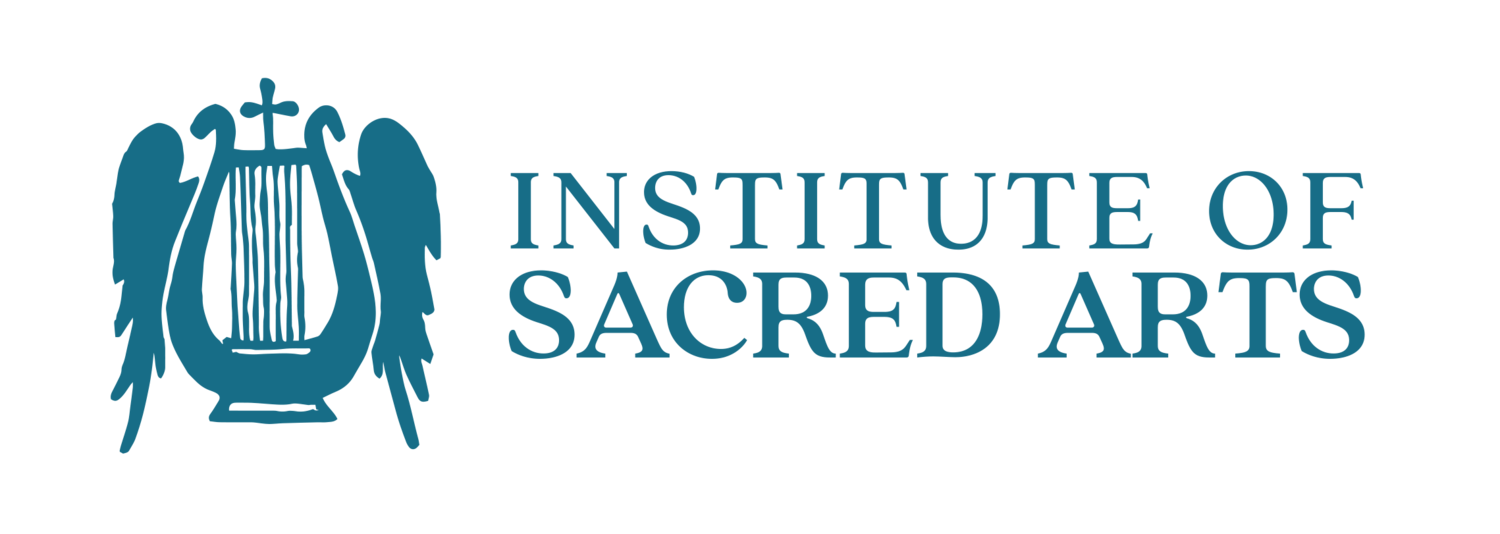Haig Utidjian: Dancing Voices, Singing Bodies
Haig Utidjian, a British conductor of Armenian descent, is bursting with musical life and knowledge. He started conducting at the age of sixteen, and joined the Association of British Choral Directors as an undergraduate. He was educated at the Universities of Sussex, London and Cambridge, at the Accademia Chigiana in Siena, and at the Guildhall School of Music and Drama in London, where he studied piano, viola and singing, and completed the Advanced Conducting Course in 1995.
Utidjian was awarded the Ricordi Conducting Prize on graduation and was the winner of the Competition for the Bob Harding Bursary for Young Conductors, at which he represented the Guildhall School amongst candidates from the other UK academies. Haig regularly attended Lothar Zagrosek's rehearsals with the BBC Symphony Orchestra and the London Sinfonietta, receiving invaluable guidance on twentieth-century repertoire. He furthered his studies by consultations with Carlo Maria Giulini in Milan, Richard Schumacher in Valsolda and Vilem Tausky in London.
Haig made his debut with the Barbican Chamber Orchestra in May 1997, in a programme of works by Mozart, Ravel and Shostakovich. With his own professional group, The Ensemble Duparc, he has devised, presented and conducted imaginative programmes drawn from the repertoire for extended chamber ensemble, juxtaposing works as diverse as Wagner's Siegfried-Idyll and the Schoenberg Chamber Symphonies with music ranging from Bach to Birtwistle, and with a particular emphasis on the music of the twentieth century.
Haig's work is enhanced by his love and understanding of the human voice, and by his interests in movement and dance. Prior to his appointment at the Opera House in Usti nad Labem, he served as assistant conductor to a number of nationally-acclaimed opera productions in the UK (including, most notably, Britten's The Rape of Lucretia and Poulenc's Dialogues des Carmelites at the Guildhall), and also conducted semi-staged performances of Gluck's Orfeo ed Euridice and Monteverdi's Orfeo, as well as training the opera choruses of the Guildhall School and of the Apollo Opera Group.
Haig — indeed, Reverend Deacon Haig (for he is a senior deacon in the Armenian Orthodox Church) has particular interests and love for the culture of Armenia (featuring, among many other elements, the exquisite prayer book of St. Gregory of Narek), as well as Czech culture, and he has written extensively on these themes. He is a participant in a workshop process through the Institute of Sacred Arts, one of a select group of scholars studying and discussing the place of the sacred arts within Liturgy, and the role of the Liturgy in giving coherence to the sacred arts.


